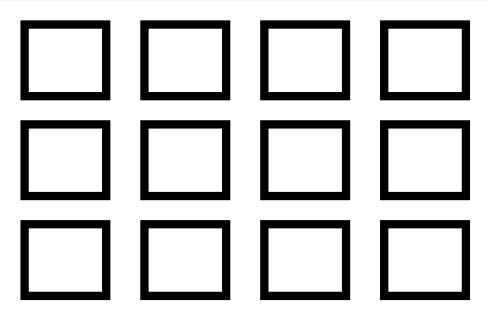Course on audio walks on Jewish heritage of Ukrainian cities
.png?content_type=image%2Fpng&disposition=inline%3B+filename%3D%22GI_Logo_horizontal_black_sRGB+50mm+%25281%2529.png%22%3B+filename%2A%3DUTF-8%27%27GI_Logo_horizontal_black_sRGB%252050mm%2520%25281%2529.png)
This is your chance to create an audio walk inspired by the Jewish heritage of Ukrainian cities.
The overarching theme of the course is ‘window-portals’ as points of access to the inner world. Over three weeks, we will explore ways to connect with ‘places of memory’ through the windows. They will serve as portals through which we will glimpse everyday life, history, and the former residents of the buildings — and see past and present events through their eyes. To make our story truly engaging, we will come up with participative formats for engaging the audience at the walk’s locations.
You will present the finished audio walk on 12 October in Kyiv. We will cover travel and meal expenses.
Where: three online workshops with one offline pitching in Kyiv.
When: 14 September, 28 September, and 5 October (12.00-15.00), as well as 12 October (12.00-16.00).
- Dmytro Levytskyi, the founder of the City Theatre and the author of audio walks in Ukraine and abroad, including the ‘Case of Mendel Beilis’ audio walk.
- Hlib Zelhin, the nomadic performer and the curator of the art centre MŌNTAЖ. He works on the intersection of physical theatre and performative practices.
Apply via our online platform. The application will take up to 30 minutes.
Please log in, click the ‘Start entry’ button, choose the chapter ‘Cultural Transformation Laboratory’ and the open call ‘Course on audiowalks on Jewish heritage of Ukrainian cities’.
We will announce the results on 7 September. Do not forget to check the email you registered with. There will be 18 participants.
- This event is part of Cultural Transformation Lab — a series of practical education and networking events aimed at supporting Ukrainian cultural managers, civil society, and cultural actors residing outside of large cities and regional centres in times of war. The Lab is carried out by Goethe-Institut Ukraine and is part of an EU-funded programme House of Europe.


